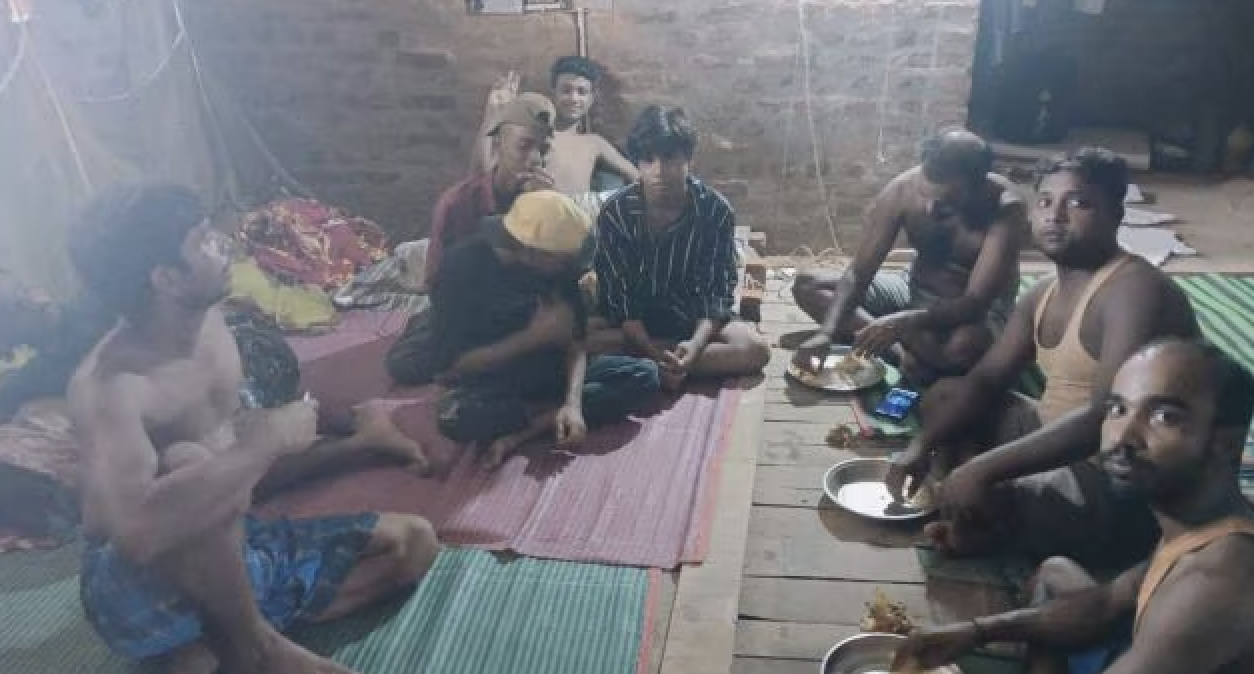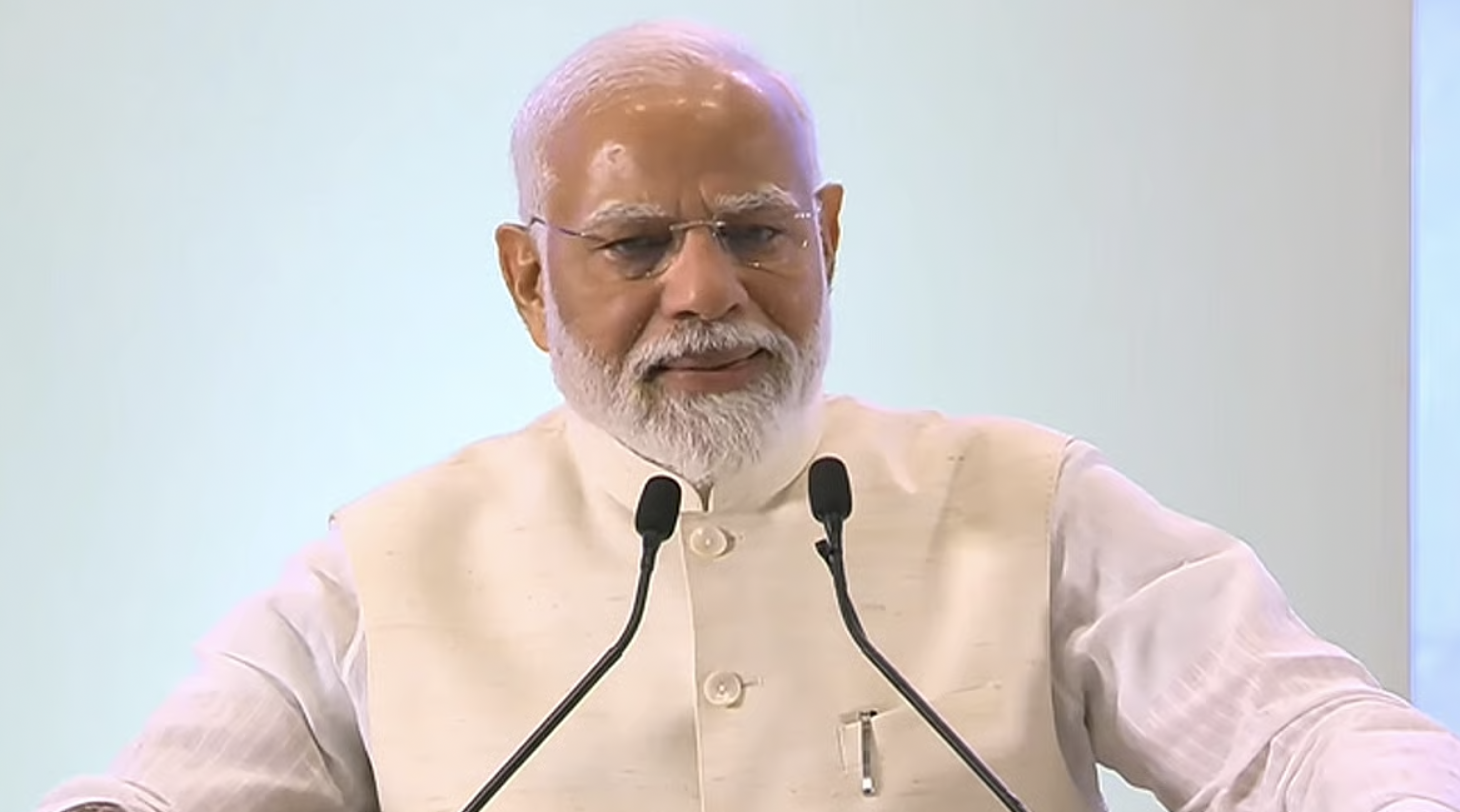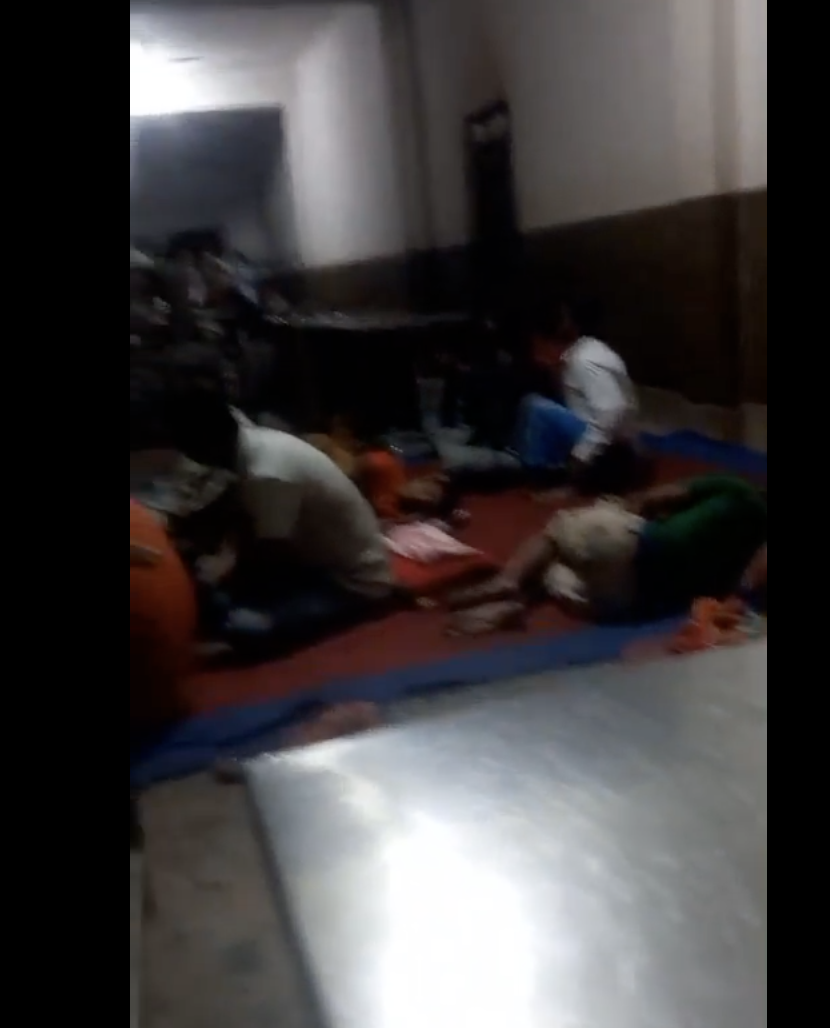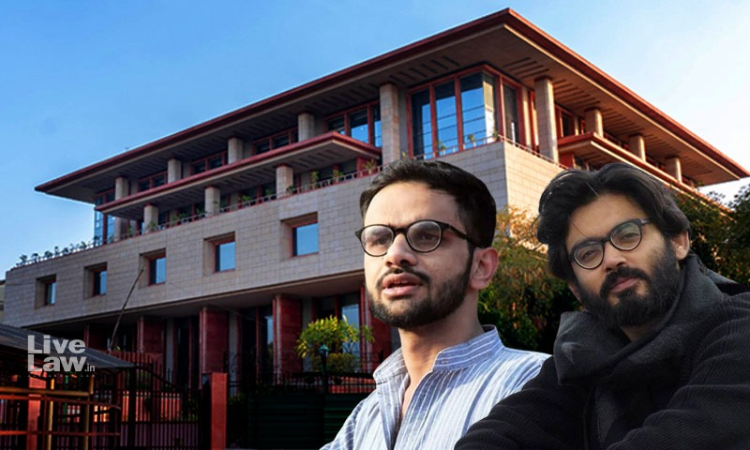
Prime Minister Narendra Modi’s decision to revoke the three farm laws surprised not just the common man but also a large section of the electronic media. Many of them had claimed close proximity to the Prime Minister and to have been privy to many of his so-called master strokes. But no one had an inkling of what Modi was about to unleash in connection with the farm laws. Well-known anchors of channels such as Times Now, Republic, Republic Bharat, India TV, Zee TV and Aaj Tak were clueless not just about the repeal of the farm laws but also the repercussions of the move coming ahead of the Assembly elections in Uttar Pradesh, Punjab and Uttarakhand.
None of them thought it necessary to talk to the families of the 700-odd farmers who had died during the year-long protest since November 26, 2020, when the farmers gathered on the borders of Delhi after having initially confined their protests to Punjab, Haryana and some parts of Uttar Pradesh. No anchor thought it appropriate to recall the time when the farmers had to face tear gas, water cannons and even brave nails stuck on the road and police barricades as they sought to reach the capital. None pointed out how the farmers remained steadfast in their demand for revocation of the laws and refused to eat lunch provided by the government during 11 rounds of negotiations with various Ministers. Interestingly, despite the loss of over 700 lives and long-drawn out protests, the Prime Minister himself had not spoken a word to the farmers or even condoled the deaths.
Except for NDTV India, the electronic media failed to point out these obvious flaws in governance. Instead, by the evening of Guru Parb, the day chosen by Modi to announce the repeal, most channels got down to furthering the government narrative of how the farm laws had been revoked in the national interest and how Modi had proved himself to be a statesman, a true patriot who put things above personal or party interests. An anchor of Republic Bharat enthusiastically stated that it was the first time in the history of the nation that India had been blessed with such a Prime Minister. On the afternoon of November 19, a correspondent on India Ahead said, “Now the opposition will have a free run as also all those who were clamouring for repealing of farm laws.”
For hours after Modi’s televised address to the nation, news anchors seemed at a loss to explain the decision and struggled to conceal their unabashed support for the government narrative. Their voices had lost the usual vigour, and their efforts to drum up support for the government seemed to lack conviction.
Sushant Sinha, the host of Satya, upped the ante, saying: “When you introduced the laws, we journalist brothers tried to explain all that was good about the laws. Now, you have disappointed us. You said you were not able to explain the laws to some farmers. Next will you bring back Article 370 [on special powers to Jammu and Kashmir] because some people want it.” His tweets and videos expressing his inability to show his face to viewers went viral on social media. His anguish was palpable. He felt cheated that his favourite politician, in whom he had reposed great faith, had apparently goofed up by revoking the laws. “BJP will not gain anything. Take it in writing. It harms your [Prime Minister’s] image,” he rued.
If Sinha elicited muffled cries of joy from those who still regard the media’s job to be a dispassionate reporter of events, Navika Kumar on Times Now found herself at the receiving end of the ire of farmers’ leader Rakesh Tikait. He said on a live show that he was not interested in contesting elections, but journalists were. “TV anchors speak more enthusiastically for the government than BJP spokespersons. Tell us who all want the ticket in the coming elections? We will get them the ticket. You take the ticket.” Accusing her of raising a din without knowing the subject, he said, “You are in the habit of speaking endlessly. You listen first. You know nothing [of farm laws].”
Propaganda channels
Arnab Goswami unleashed his fury on Republic’s “On The Debate at 9”. He screamed: “Now the elements that wanted to burn the country down by using the farm laws as a lever have nothing, no excuse to riot, no excuse to block the roads, no chance to support and take support from Pakistanis and Khalistanis… no reason to politicise this for the Uttar Pradesh and Punjab elections. They are so frustrated tonight. They have no real excuse to turn Indians against Indians. What will happen to all those who calibrated and planned all this thing over for a year just to make Punjab and Uttar Pradesh burn for a year. What are they going to do now? What will the toolkit gang do now?”
Predictably, he spared no time to pay homage to the farmers who had died before the laws were withdrawn. He did not ask why the government could not, or did not, repeal the laws earlier when the farmers faced tear gas and water cannons. He did not ask why ordinances were brought during the lockdown last year before bringing in the farm laws if they had to be finally repealed.
Deepak Chaurasia, consulting editor of News Nation, not known for his subtlety or pretensions to neutrality, called it “the Centre’s major decision”. “Narendra Modi says, whatever I am doing, I am doing in the nation’s interest,” he said. Chaurasia’s viewers and followers, though, hit back on Twitter, teasing him, “You will call it your Papa’s masterstroke.” Another reminded him that he had been praising the three farm laws for a year. Now that the Prime Minister had apologised, he should apologise as well, they said.
Aman Chopra of News India 18 praised Modi, calling the day of Modi’s announcement as “a big day”. He asked Tikait if he was not going to get up and leave the protest site, to which Tikait retorted, “We will show the big day at the right time. Where is the questioning of getting up? It is merely a beginning by the government. The government should state its stand on MSP [minimum support price]. It should be under no illusions that merely because the government has said so, the farmers will move. It is not Korea.” However, it did not stop Chopra from harping on the Prime Minister’s “large-heartedness”. The show was titled, “Bill wapas liya, desh bacha liya” (Bill revoked, nation saved). The ticker said, “Haar kar bhi jeet gaye Modi” (Modi won even as he lost).
His colleague Amish Devgan repeated the “nation’s interest” bit on his show. Shockingly, the channel called the decision of the farmers to stay put as “Shaheen Bagh-2” alluding to the sit-in protest that continued for over a year in Delhi from December 2019 against the Citizenship (Amentdment) Act. Backing it up was the hashtag “ThankyouModiji”. Cheer the government, grovel on behalf of the leader, the media did it all.
Aaj Tak’s Anjana Om Kashyap insisted that the farm laws were intended to get rid of middlemen. Not ready to concede there was something inherently wrong with the laws, she said the farmers had failed to see the positive aspects of the laws. Her show with Tikait rattled the Bharatiya Janata Party (BJP) spokesman Sambit Patra no end. Tikait pointed out the innate flaws with the farm laws, and the need for a law on the MSP.
Uncomfortable questions
Clearly, all said and done, the pollution in news studios rivalled that on the streets of Delhi. Hardly any attempt was made to analyse or dissect the laws or the whys and hows of the decision to revoke them. The endeavour all along was to paint the Prime Minister as a statesman who had risen above party politics to revoke the laws even at the cost of possible electoral gains for his party. No anchor put any uncomfortable question to BJP leaders on why it could not have been done earlier or why the Prime Minister did not call the farmers for a meeting and then announce the decision.
The possibility of the BJP losing a slew of seats in western Uttar Pradesh where Jats and Muslims had sought to heal the communal wounds of 2013 with a show of solidarity in Muzaffarnagar influencing the decision to revoke the laws was not allowed to be aired. In Punjab after the laws were passed, many BJP legislators could not enter their constituency, forcing the Shiromani Akali Dal (SAD) to break its three-decade-old ties with the BJP. Instead, there was a concerted effort to project Modi with a larger-than-life image, as one who deprived the opposition of a key issue in the forthcoming elections. They gave the human and the economic costs of the laws a cruel miss.
Voices of sanity
There were a couple of exceptions, though. Barkha Dutt called the repeal of the farm laws “stunning” on her Mojo story. She, however, insisted that the Prime Minister had “apologised” while making the announcement and that it was not the time “to blame anybody”. “This is clearly an election strategy,” she said, adding, “More than stunning his critics, he has stunned his supporters today.” On her show, veteran journalist Tavleen Singh stated, “The Bhakts of Modi are not on the same page as the Prime Minister.”
Away from the din was Ravish Kumar on NDTV India. His half- hour programme that evening discussed everything that had to be said. While other channels happily recounted “Modi’s tapasya” (penance), and his qualities of love, affection and kindness, Ravish burst holes in the narrative by pointing out that if the Prime Minister had been a paragon of good qualities, why had he not met the farmers even once or condoled the deaths all these months or why had he not driven down to the Delhi border to assuage the hurt feelings of the protesting farmers. Pointing out the politics behind the decision, he said, “Tell all those who want one nation-one poll about this. If it were not for Uttar Pradesh and Punjab elections, the laws probably won’t have been revoked.”
He also pointed out how throughout the year, the ruling party’s Ministers, MPs and MLAs had hurled allegations against the farmers and had even dubbed them Khalistanis. “Even then in his address to the nation, Modi did not express regret at any deaths or apologise to the farmers for the hardships caused by the government’s decision to bring in the farm laws but confined himself to expressing his inability to explain or convince the farmers of the positive aspects of the laws,” Ravish said, asking his reporters to speak to the family members of the farmers who had laid down their lives for the cause.
He was the only one to give credit to the women of Shaheen Bagh for showing farmers the way. “They sat on a peaceful protest and showed the nation that it was possible to fight for rights within the Constitution of India,” he said.
Ravish and Burkha Dutt were the voices of sanity in the cacophony of praises for the Prime Minister’s decision to repeal the laws. The media seemed more eager than the ruling party’s MPs to further the government narrative and paint the opposition in in a bad light. Arnab said it loud and clear, others in muted or distracted voices. At the end of Guru Parb, the electronic media, barring honourable exceptions, lived up to its reputation of being a cheerleader for Modi.
This story first appeared on frontline.thehindu.com






